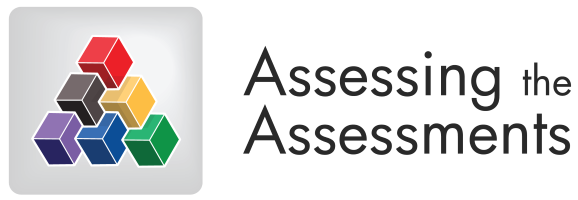Exemplars
Exemplars are characterised by being very well defined tasks where learning outcomes are clearly stated. Furthermore, student activities, processes, timelines, outputs and other requirements of the students are made very clear in carefully structured documentation about the task. Thus the tasks definitively allow the student to engage with each chosen learning outcome and to demonstrate their proficiency. Turning to assessment to confirm attainment of the learning outcome, the assessment criteria are clearly laid out using rubrics defining levels of achievement and associated marking criteria covering each learning outcome. Most importantly those rubrics and assessment criteria are given to students as well as to staff. In major tasks with multiple outputs, each of those outputs necessarily has its own rubric or grading scheme, which may relate directly to individual specific learning outcomes. This is especially necessary in the case of a major task aimed at multiple CTLOs as occurs in a capstone type unit of study. In contrast, one student output may apply to more than one learning outcome.
Search For Exemplars
| Year | TLO | Sub-discipline | Title | Description |
|---|---|---|---|---|
| Three | 1 | Investigating A Waste Sample: Analysis, Treatment and Disposal |
A laboratory based whole of subject 'Capstone' project which student carry out in teams. Multiple assessments cover lab performance, research skills, teamwork, communication in various modes and report writing. ... more |
|
| Three | 3 | Wiki Lab Notebooks |
Choose a journal synthetic procedure for synthesis of nanoparticles and search literature to identify a feasible experimental variable to explore. Design experiments based on the published procedure. Submit plan (on wiki), request chemicals and justify advanced instrumentation access requests. Wo... more |
|
| Three | 3.4 | Spectroscopy and structure determination |
Interpretation of NMR spectroscopy and mass spectrometry data and formulation of arguments to justify a final proposed chemical structure. |
|
| One | 1.1 | Conceptual Understanding in Science and Digital Explanation |
Researching a misconception including the history of how people misunderstand this concept, and writing a report and preparing a digital explanation showing how the concept can be correctly understood. |


 Unless otherwise noted, content on this site is licensed under the Creative Commons Attribution-ShareAlike 4.0 International License
Unless otherwise noted, content on this site is licensed under the Creative Commons Attribution-ShareAlike 4.0 International License